Winter Seminar - “In Peace....”
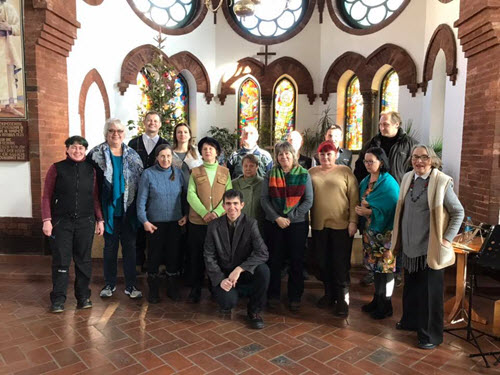 The Far East deanery of our church lives out its life together in a very special way through the annual summer seminars that have taken place for over two decades on the shore of the Sea of Japan. Yet in our region there is a hunger among our members – isolated to some degree from each other and to a large degree from the rest of the country – for the fellowship and mutual encouragement that strengthens us spiritually. Realizing this, it was one of my priorities as dean to try to increase the opportunities for members of different congregations to gather and to grow in their capacity for ministry through educational events. The long, January holidays and the idea to revive a tradition of “winter seminars” for the deanery provided that chance.
The Far East deanery of our church lives out its life together in a very special way through the annual summer seminars that have taken place for over two decades on the shore of the Sea of Japan. Yet in our region there is a hunger among our members – isolated to some degree from each other and to a large degree from the rest of the country – for the fellowship and mutual encouragement that strengthens us spiritually. Realizing this, it was one of my priorities as dean to try to increase the opportunities for members of different congregations to gather and to grow in their capacity for ministry through educational events. The long, January holidays and the idea to revive a tradition of “winter seminars” for the deanery provided that chance.
The seminary theme - “In Peace....” - was deliberately open to various interpretations. For those who have been formed by our liturgy, these words are associated with the prayers of the people; others who know our congregations in the Far East might link them with the work of peace and reconciliation among peoples. Others still might recognize that there is not always peace in our relationships in congregations and in our own heart, and that we need to work on our communication skills if we are to improve that situation.
Susanne Hinz-Smith, a professional mediator from Germany and a member of the mutual ministry team in the American Church in Berlin, provided food for thought for all participants (the number of which ranged from 18 to 25 at various events, with a total of over 35 different individuals taking part), whatever their expectations. She led lessons that balanced theoretical knowledge and practical application; she kept us moving and attentive - particular important when the church building is a bit too cold!
Susanne became connected to our church thanks to Ellen Smith, regional representative for the Presbyterian Church (USA) in Europe. Ellen and I have known each other since we each arrived to serve in the country in 2001. Ellen has a wide variety of responsibilities, but in this case she helped facilitate Susanne coming to Russia and also took the trip herself in order both to provide support and to get acquainted with our congregations and with a new region of the country.v
As I continue the process of evaluation of the seminar, I see that perhaps I underestimated the need for a “trial run.” Being convinced that the Far East could benefit from increased communications skills, it might have been wise to test the program out elsewhere in Russia, (perhaps on a congregational rather than regional scale) during our first time. For future seminars we consider if it might not be helpful if some participants familiarize themselves ahead of time with the work of Marshall Rosenberg and his Nonviolent Communication method which acts as the basis for the material. We have also learned from our experience such that we can make adaptations for the cultural and spiritual traits that are particularly important for building trust and mutual understanding. What makes me confident that we will find a way ahead, though, is my renewed observation just how deeply compassion is rooted in the culture of the people, even if, at times, there is a disconnect between those feelings and the survival instinct that also plays a large role in people's thought processes and actions. It is my assessment that our seminar helped participants make some progress in incorporating compassion into their listening skills, and to consider how there might be more opportunities for win-win solutions than they might have thought.
I truly believe that both the guests and the local hosts were mutually enriched by their interaction; if the winter seminar helped all of us discover something new about ourselves and the world, then the major goal of our coming together was was met...and I look forward to further meetings – in the winter or otherwise – in the future.
Bradn Buerkle, Dean
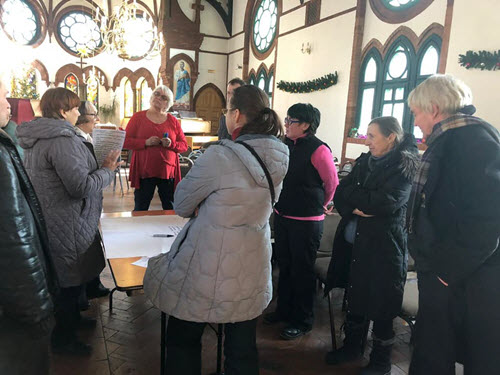
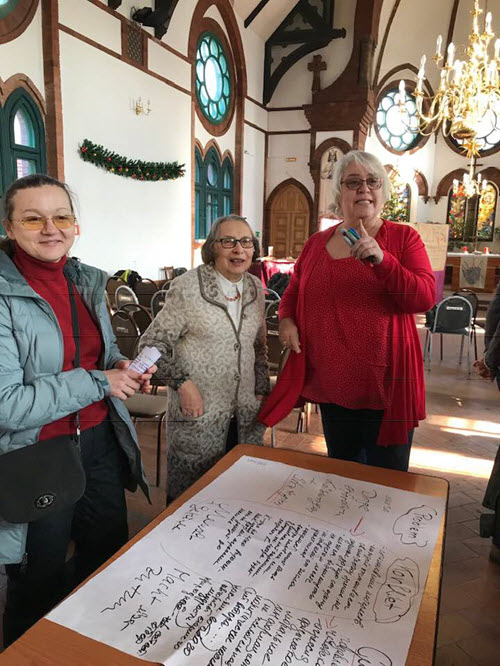
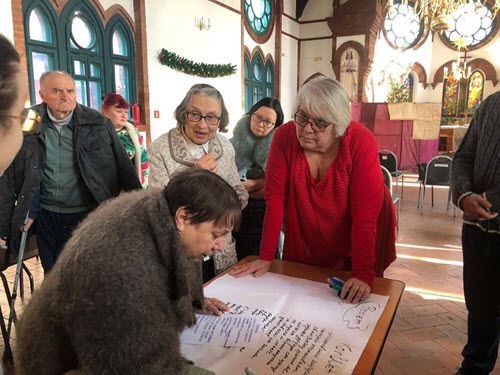
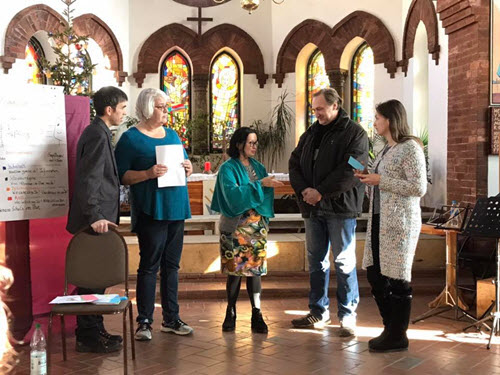
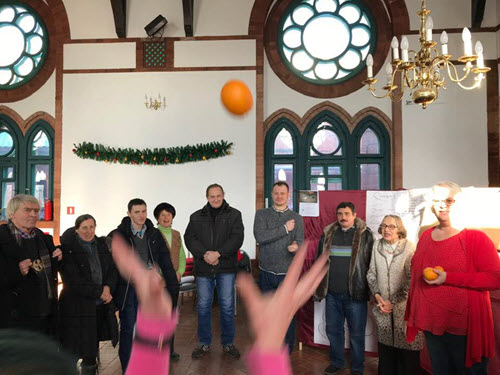
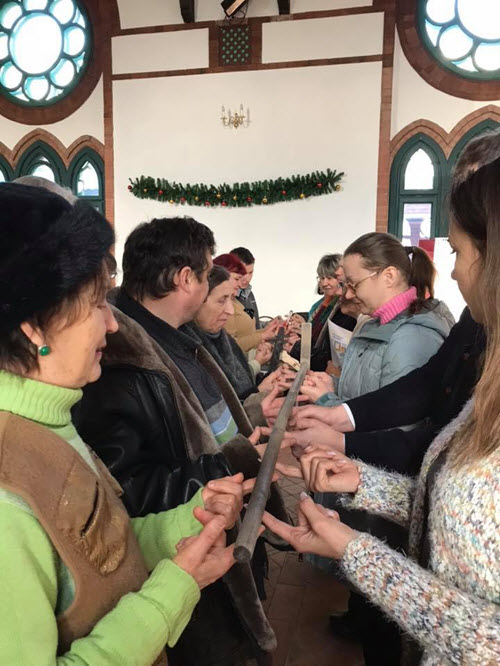
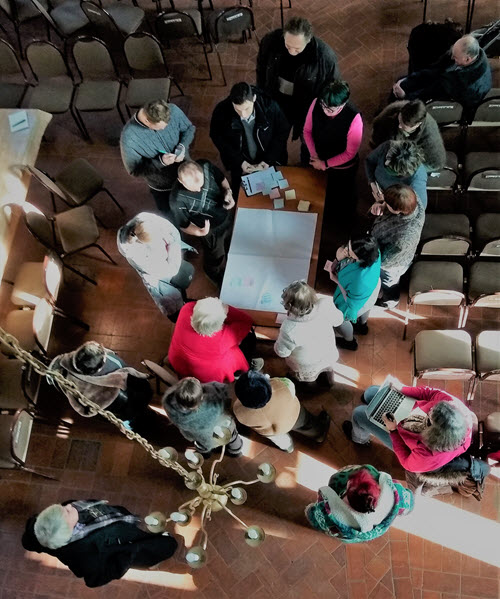
 |
